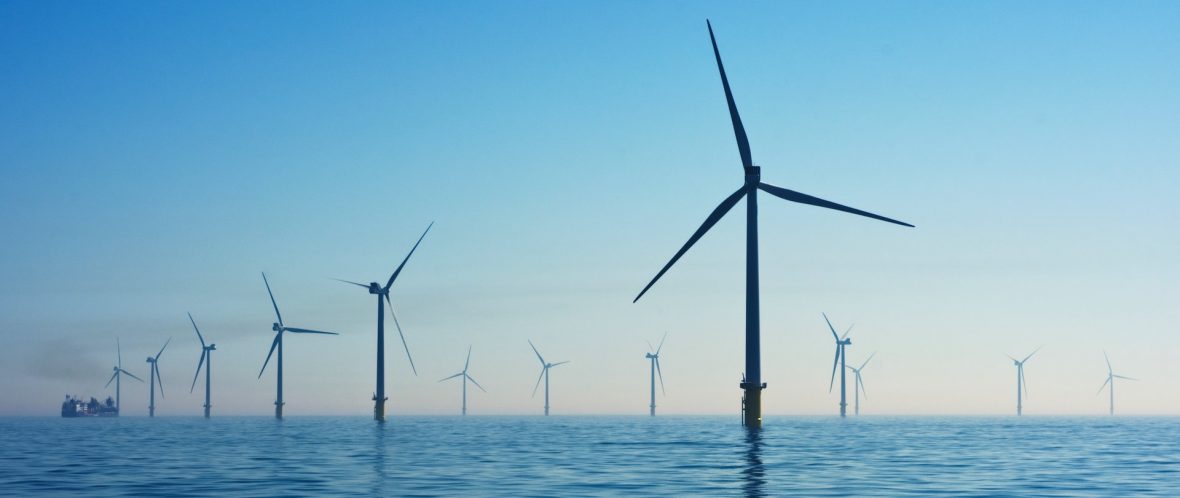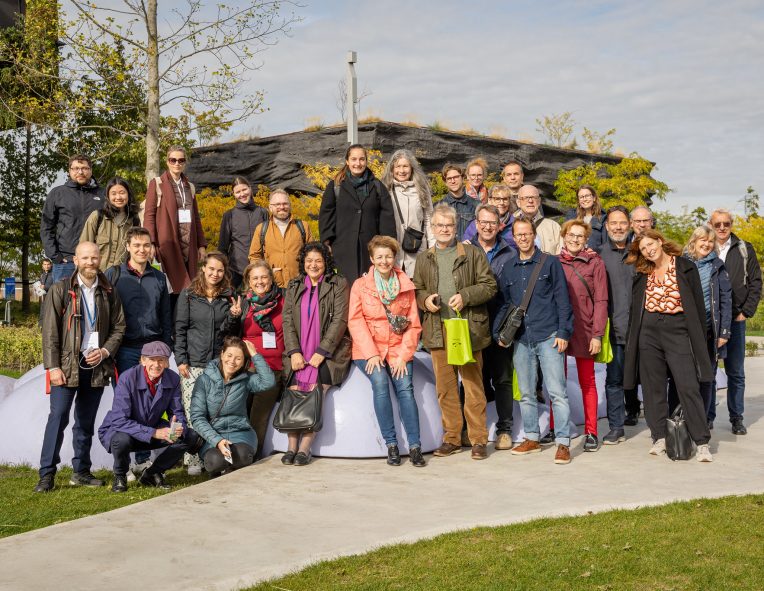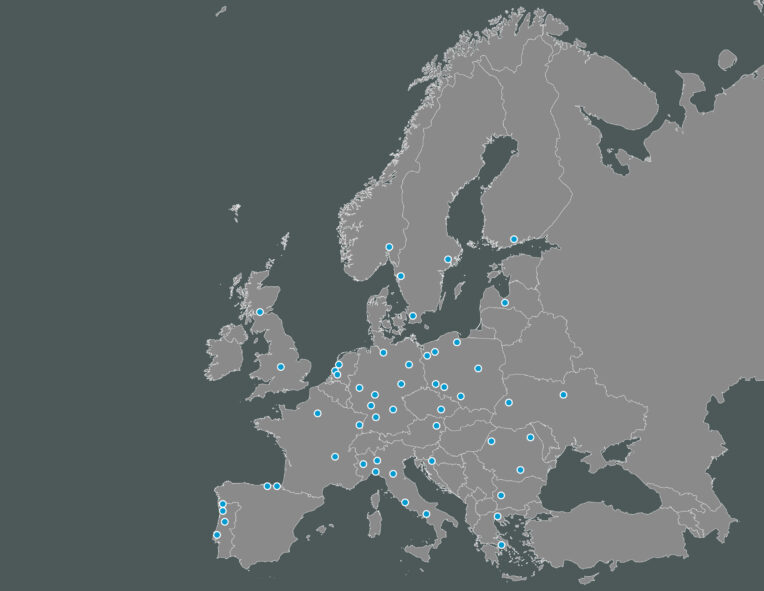The METREX Metropolitan Climate Challenge Expert Group was launched at the METREX Spring Conference in Turin in May 2022. The group reflects on five months’ work, asking “what have we done and what have we learnt so far?”
Activities
May 2022: Launching workshop to identify key topics for the group’s cooperation
June 2022: Webinar to discuss sustainable mobility in metropolitan areas – examples from Oslo (No) and Gothenburg (Se) and climate clinic to solve mobility planning challenges in Helsinki metropolitan region (Fin) (June 2022)
September 2022: Webinar on how the doughnut economics model and tools can support integrative and inclusive urban planning – presentation by the Doughnut Economics Action Lab and case presentation by the Tampere Region (Fin)
October 2022: Hybrid meeting on the doughnut economics model and circular economy – case presentations from the City of Amsterdam and University of Copenhagen
Some things we have learned so far in the expert group
- In planning climate transition in cities, it is essential to build positive future visions and scenarios in cooperation with politicians, citizens, and stakeholders. When communicating urban planning proposals, we need to avoid focusing on technical aspects and instead visualise and explain the different impacts of the different planning alternatives.
- There is an increased interest in solutions such as congestion taxes to decrease car traffic in city centres, but it is important that tax income is used in sustainable ways that supports climate transition goals. National legislation needs to enable this. The tax income from congestion taxes should not be used for harmful activities or investments that do not promote the shift from private car use to public transport (e.g., investing the income to new motorways).
- Tools and models such as the doughnut economics model give a more holistic approach to land use planning. The idea of the doughnut economics model is to change our systems to focus on meeting the needs of all people within the limits of the planet, and it has been used by cities like Amsterdam for building common visions between departments and to break up silos. The Doughnut Economics model can be used in planning to visualise environmental and social sustainability as guiding principles for future cities.
- We need more good practice examples from cities and metropolitan regions on how to integrate climate justice and social sustainability perspectives in planning for climate transition.
The group will continue to meet approximately every other month. In the next meeting on 1 of December, we will discuss and learn about land use planning aspects of renewable energy in metropolitan areas. In addition to meetings, the group will explore the need for benchmarking, as well as possibilities for drafting joint EU project proposals to deepen our cooperation in specific topics.
Learn more about the Metropolitan Climate Challenge Expert Group and get in touch to participate.
Photo by Nicholas Doherty on Unsplash



